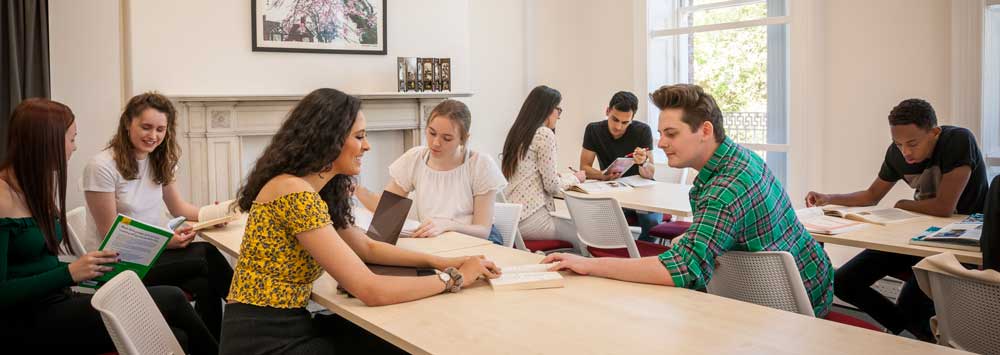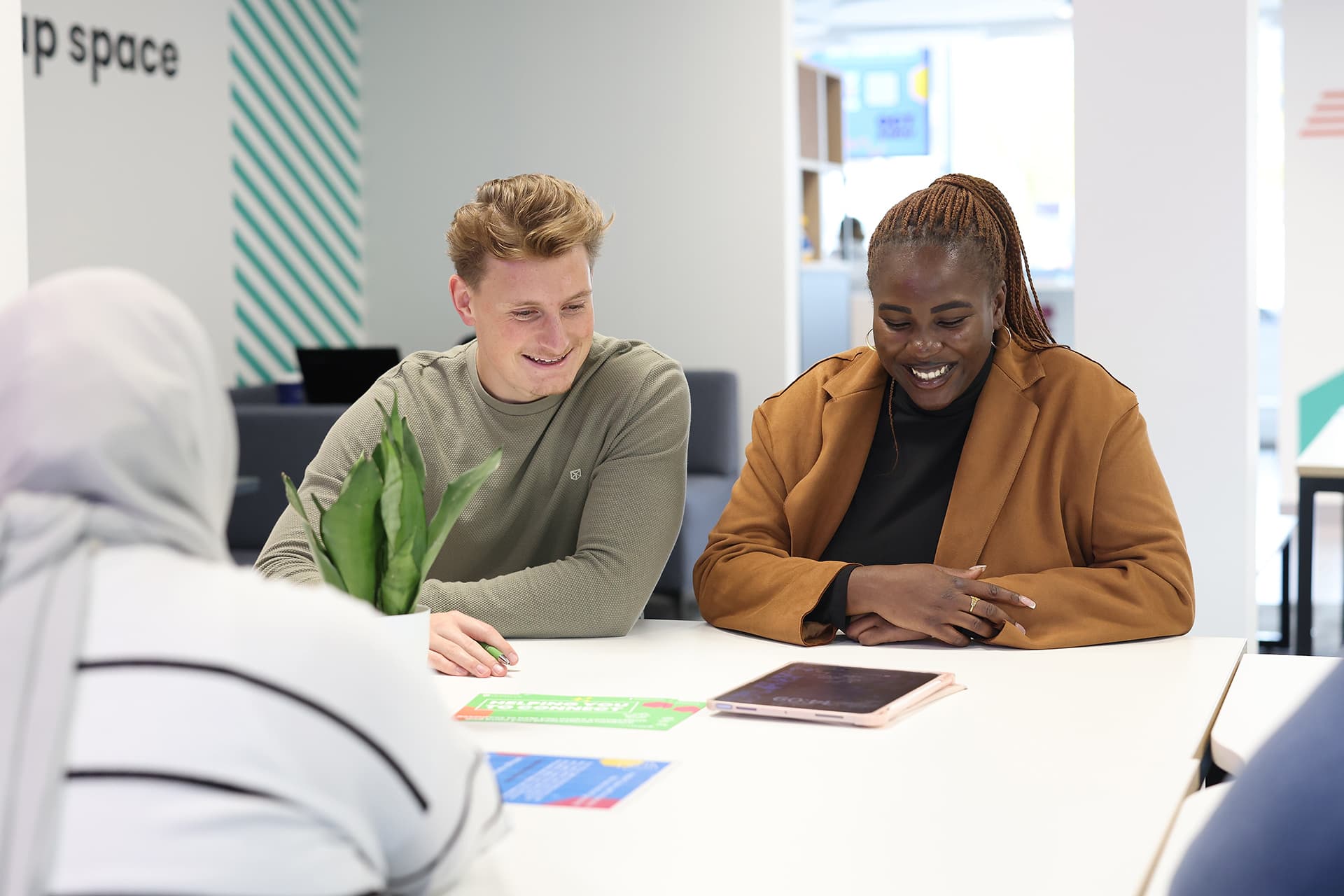
Chinese (Mandarin)
Learning Chinese through Open Languages gives you the chance to become proficient in reading, writing, speaking and listening to the language, whilst also developing your knowledge of Chinese history, society, political economy and culture.

French
French is one of the world's most important languages in terms of speaker numbers and its role in science, industry and international diplomacy.

German
German is a major language of business, commerce and science, as well as the gateway to a vibrant and modern multicultural society with a rich and complex past.

Italian
The Italian language carries an unparalleled cultural capital. Italian culture is truly global and testifies to the human passion for learning and making art, beauty, and history.

Spanish
Spanish is one of the world's most widely spoken languages with considerable global reach. Speaking Spanish opens up dynamic and fast-changing parts of the world outside Europe.

Arabic
Arabic is the official language of the 22 countries that form the Arab League. There are more than 300 million Arabic speakers across the world, though they predominantly live in the region stretching across the Middle East and North Africa

Russian
Russian is an East Slavic language native to the Russians in Eastern Europe. It is an official language in Russia, Belarus, Kazakhstan, Kyrgyzstan, as well as being widely used throughout the Baltic states, the Caucasus and Central Asia.

Japanese
Japanese is the official language of Japan, which has a population of over 125m. You'll also find a sizeable expatriate presence in major cities such as London, New York and Paris.

Basque and Catalan
Basque, and Catalan may be available as curricular options only (as part of your degree). This option will depend on your previous knowledge of the language and on your personal timetable.

